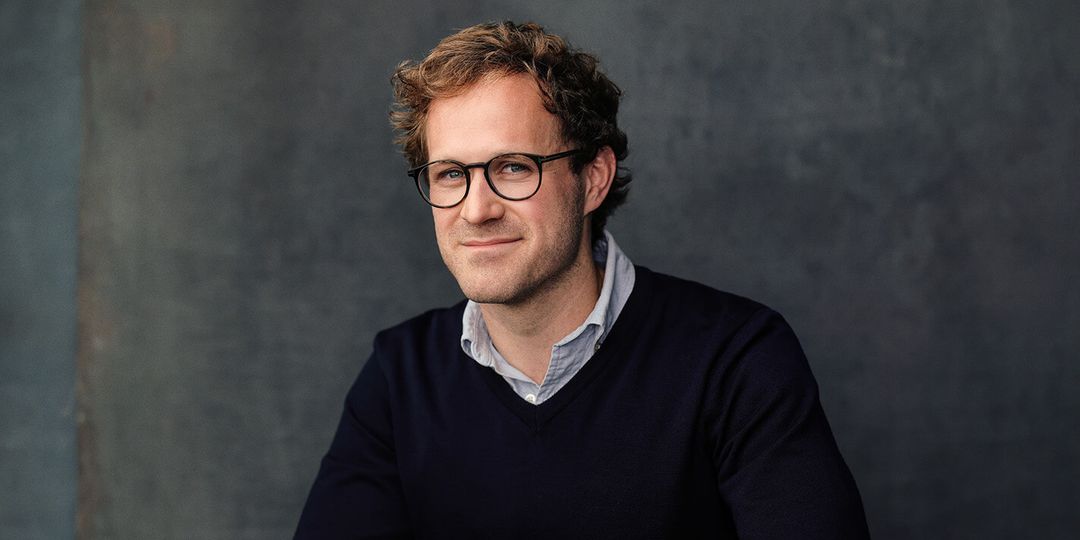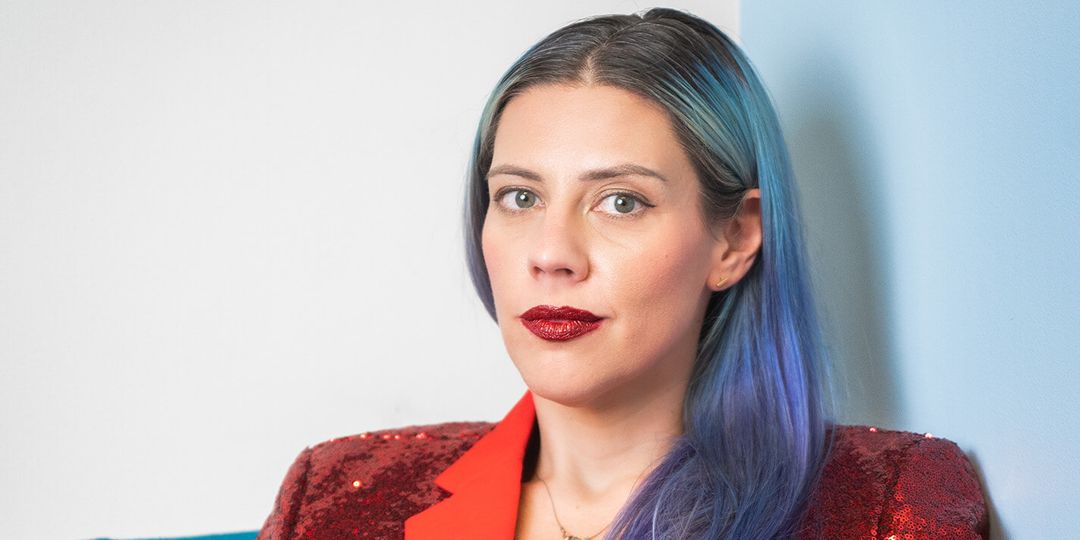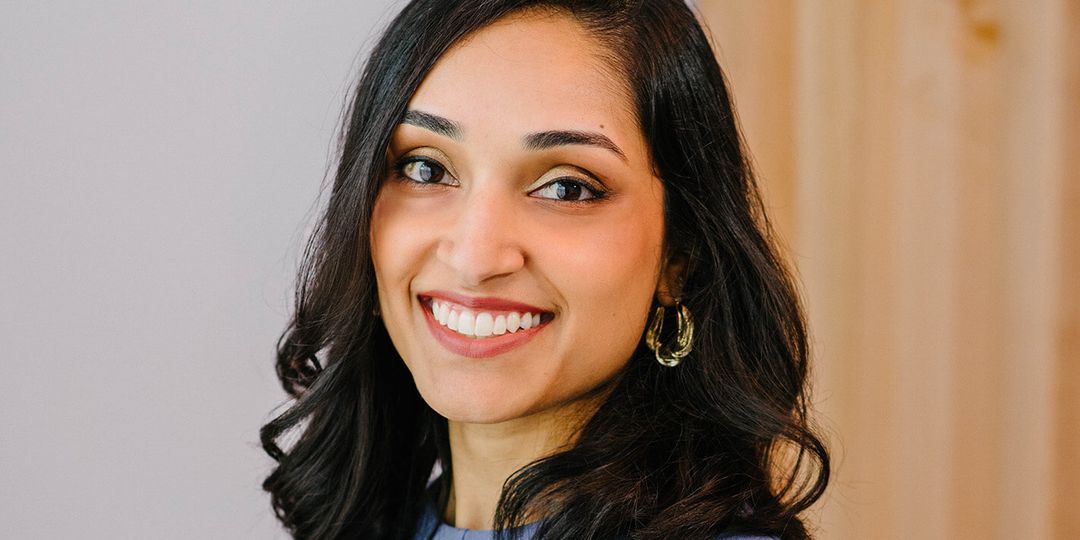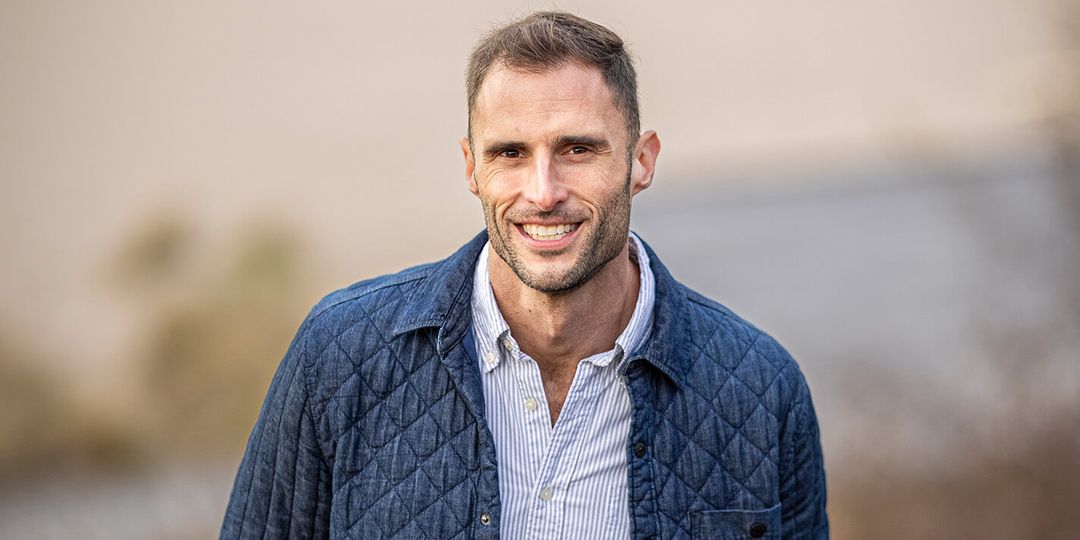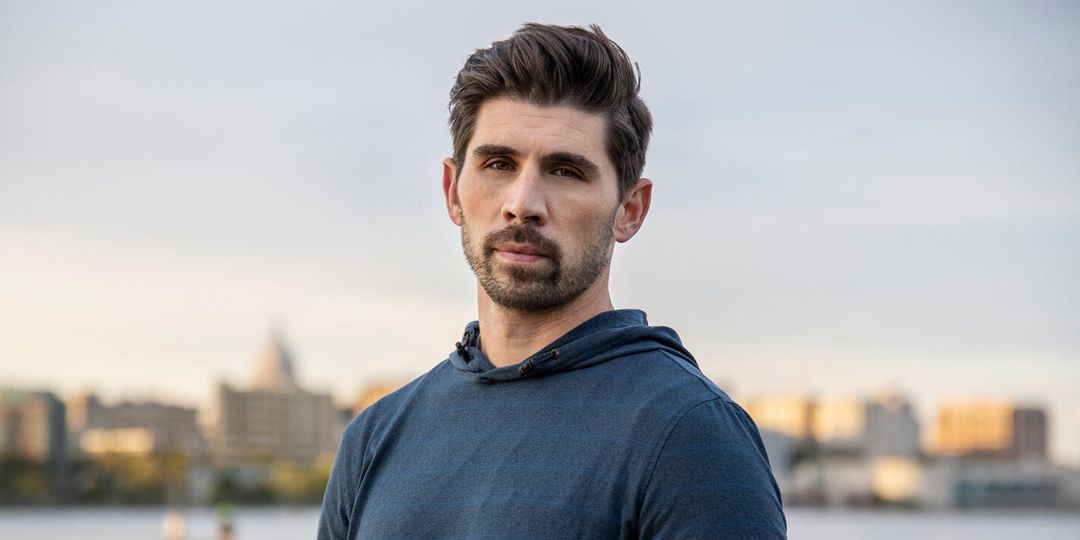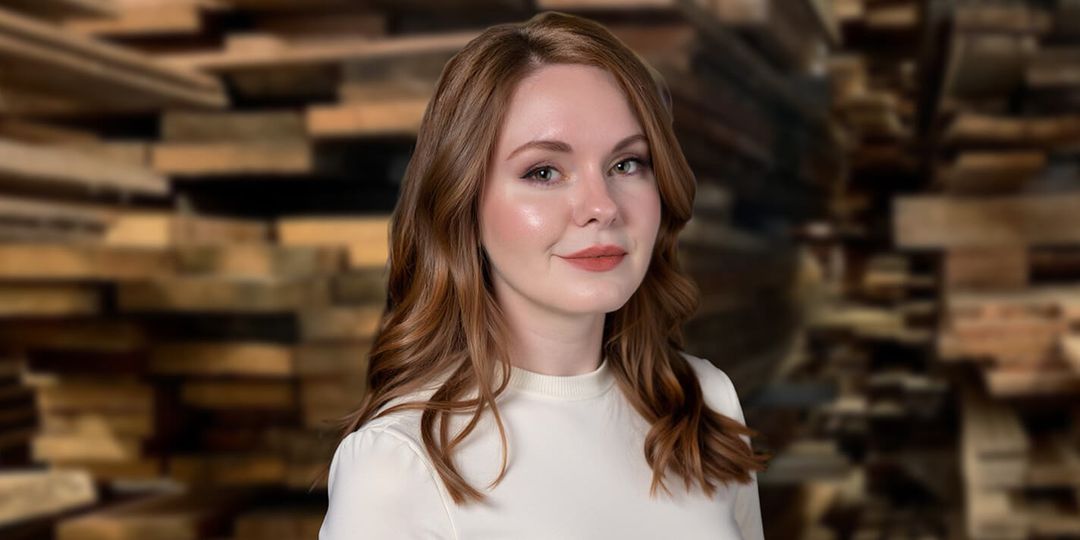MADISON, WI — The Wisconsin Alumni Association celebrated six remarkable young alumni at its Forward Award Recognition ceremony on October 9, honoring Badgers who are translating their UW–Madison education into world-changing impact.
Held in Memorial Union’s Great Hall during Homecoming week, the event brought together alumni, family members, mentors, and campus leaders to recognize rising stars who exemplify early-career excellence and embody the Wisconsin Idea’s commitment to service, discovery, and progress.
“There is really nothing better than to have a part of the Badger community that produces such incredible alumni,” said Sarah Schutt, chief alumni officer and executive director of the Wisconsin Alumni Association, as she opened the awards presentation.
The 2025 Forward Award honorees are tackling some of the world’s most pressing challenges — from humanitarian crises and climate change to health equity and misinformation — with creativity, tenacity, and an unwavering commitment to making a difference.
Matthew Conway ’13: Building Technology for Humanitarian Response
As director of revenue and strategy at Hala Systems and senior program consultant with the United Nations’ International Organization for Migration, Matthew Conway has contributed to humanitarian efforts delivering aid to more than two million people across four continents.
Conway, who completed a double major in political science and international studies in just two and a half years, has led multimillion-dollar projects addressing forced displacement, climate migration, and conflict recovery. At Hala Systems, an AI-enabled social enterprise, he develops tools that enable faster, smarter responses to humanitarian crises in conflict zones.
“The UW was the launching board for my entire life,” Conway said in his acceptance speech.” I can’t think of a better university experience or anything more I’d have needed to wind up exactly where I am today.”
Despite traveling the globe, Conway remains committed to mentoring UW students — once logging into a Zoom call with undergrads from Baghdad at 2 a.m. his time. His advice? “Travel, go abroad, and see all the very different ways people live all around the world. Be brave. Get out of your comfort zone.”
Liz Dennett MS’10, PhD’14: Revolutionizing Sustainable Mining
Liz Dennett is transforming an industry often associated with environmental damage into a force for sustainability. As founder and CEO of Endolith, she’s using microbes — Liz calls them “nature’s oldest miners” — to extract copper in cleaner, more sustainable ways.
But Dennett’s mission extends beyond technology. Growing up in rural Alaska, she experienced firsthand the impact of power outages on communities. Now her work focuses on expanding access to clean energy, particularly in developing countries where lack of electricity most affects women and children.
Exactly 10 years after defending her doctoral dissertation in geoscience at UW–Madison, Dennett secured funding for her start-up — the same day she had once climbed onto Lincoln’s lap atop Bascom Hill and whispered a wish to become “a positive force in the world.”
Endolith’s workforce is more than 60 percent female, compared to an industry average of 15 percent. “Historically, people think mining is dirty,” Dennett said, “but it’s the backbone of sustainability.” Between now and 2050, the world will need more copper than humanity has used throughout all of history.
Dennett remains deeply connected to UW–Madison, serving on advisory boards and last year acting as lead donor to help the Geology Museum acquire the Vienna meteorite. “That might be the coolest thing I’ve ever done as a grown-up,” she said with a laugh.
Faatima Khan ’15: Creating Spaces Where Everyone Feels Valued
Faatima Khan entered UW–Madison with a clear plan: earn her biology and Spanish degrees, then attend medical school. But when her father was diagnosed with stage-four cancer during her senior year, everything changed.
“I had my whole career set up,” Khan recalled. “Then when my father got sick, it was a total shift. But I really do think that with hardship comes ease.”
Her father lived nearly three and a half more years, and the experience of navigating the health care system revealed deep gaps in access and equity, especially for families of color. After graduation, Khan shifted from pre-med to community work, helping launch Caminos, a certified nursing assistant program at Centro Hispano, which prepares local residents for health care careers.
Now head of people engagement and community partnerships at WPS Health Solutions, Khan oversees employee engagement strategy and the WPS Charitable Foundation. She also chairs United Way’s Women United initiative.
“My work has very much been about creating spaces for individuals to feel seen, heard, and valued,” Khan said. “It stems from a core belief in respect and the strength found in bringing people together to make systemic change.”
In her acceptance speech, Khan acknowledged how meaningful it was to be recognized during a time when diversity, equity, and inclusion work faces increasing challenges. “I can��’t help but thank UW and the selection committee for still choosing to stand up for the work and the people,” she said.
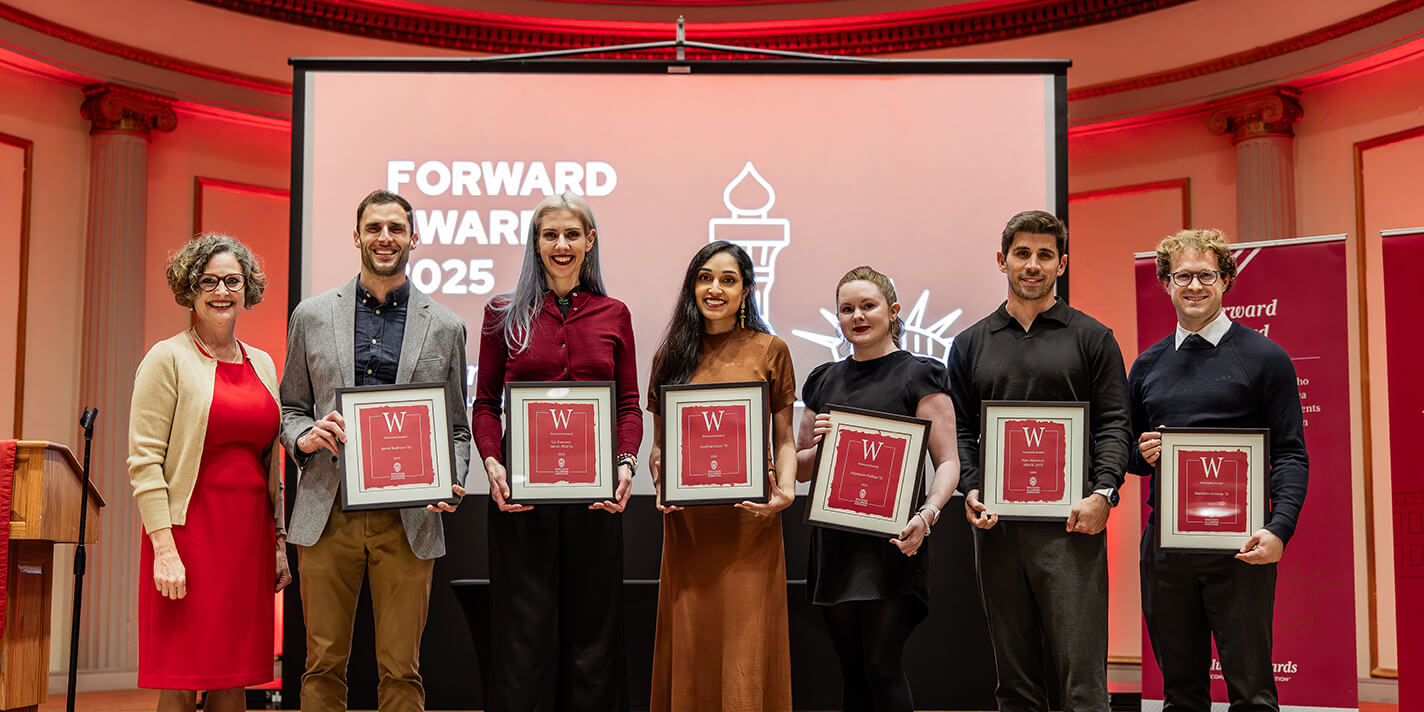
Jacob Kushner ’10: Illuminating Truth Through Investigative Journalism
Award-winning foreign correspondent and author Jacob Kushner has built his career shining light on how U.S. policies and actions shape lives around the world. His byline has appeared in the New Yorker, the New York Times, National Geographic, Harper’s Magazine, and the Atlantic.
Kushner’s investigative work has exposed corruption, chronicled global mass migration, investigated terrorism and extremism, and amplified voices from marginalized communities. His most recent book, Look Away: A True Story of Murders, Bombings, and a Far-Right Campaign to Rid Germany of Immigrants (2024), examines violent extremism targeting refugees.
His path to international journalism began at UW–Madison, where he earned degrees in journalism and Latin American, Caribbean, and Iberian studies. Even as a student, his reporting for Wisconsin Watch uncovered labor abuses on Wisconsin dairy farms and exposed officials violating state travel policy.
After studying abroad in the Dominican Republic, Kushner moved to Haiti just months after the devastating 2010 earthquake. As a freelancer, he had the flexibility to dig deeper into stories larger outlets missed, including years-long reporting on Canaan, a city built from scratch by earthquake survivors.
Now a visiting professor at Columbia Journalism School, Kushner returned to UW–Madison in 2023 as a distinguished visiting lecturer. “Journalism is always changing and changing fast,” he tells his students. “The most important skills you can learn are how to ground all your reporting in evidence and how to adapt.”
In his acceptance speech, Kushner paid tribute to the mentors who shaped him and called attention to journalists risking their lives worldwide. He also expressed confidence that UW–Madison would never sacrifice the principles of free press and free speech that it taught him. “It just makes me incredibly proud to be a Badger,” he said.
Kyle Nakatsuji MBA’11, JD’12: Disrupting Auto Insurance with Technology
Kyle Nakatsuji didn’t follow the traditional path to entrepreneurship — he carved one of his own. A former football player at UW–Oshkosh who arrived at UW–Madison for graduate school as, by his own admission, “a terrible applicant,” Nakatsuji left with a JD, an MBA, and an entrepreneurial mindset.
Today, he’s cofounder and CEO of Clearcover, a digital auto insurer that has raised more than $560 million in funding and earned recognition from Inc., Deloitte, and CNBC. The company’s proprietary AI system enables payouts on eligible claims in as little as 30 minutes — with a record of just seven minutes.
Nakatsuji credits UW–Madison with providing opportunities to “meander and learn and explore,” including the Law and Entrepreneurship Clinic and traveling to London with the Venture Capital Investment Competition team to help a UW-based start-up pitch to investors.
After graduation, he joined American Family Ventures before launching Clearcover. He now mentors students and entrepreneurs through UW–Madison’s Creative Destruction Lab.
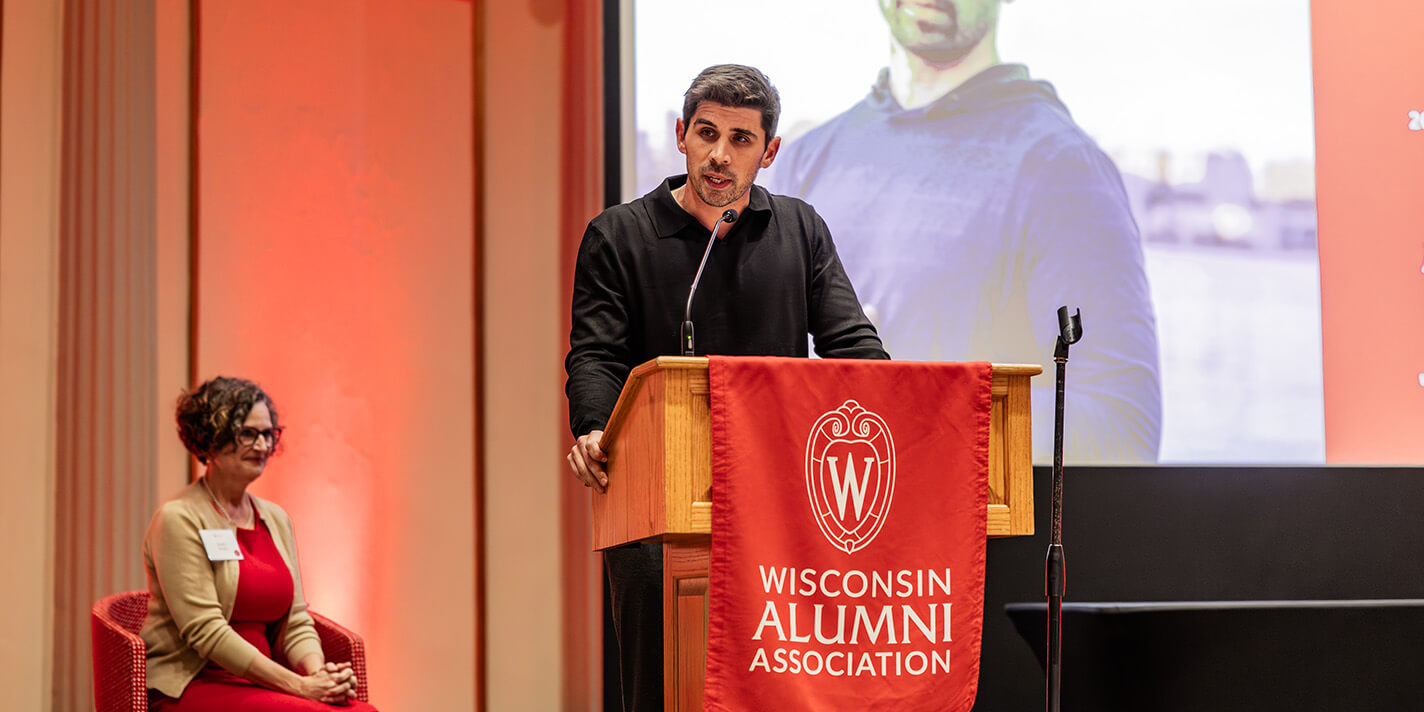
“We’re eight years into building this company, and every day is a new challenge and a new adventure,” Nakatsuji said. Drawing on what his father called “the law of the farm,” he added: “If you give yourself some time, slowly but surely the results will come.”
In his acceptance speech, Nakatsuji thanked his wife, Danielle, “who has been unreasonably supportive even throughout the worst of my ideas, which has been quite helpful.” He also noted a common thread among honorees: “I do not think it is a coincidence that since the moment I stepped on campus here, I have been welcomed into rooms full of people more accomplished than me, and tonight is no exception.”
Stephanie Phillips ’12: Building a Circular Economy
Stephanie Phillips is carrying forward UW–Madison’s proud tradition of environmental leadership in the footsteps of alumni like John Muir, Aldo Leopold, and Gaylord Nelson.
As senior program manager of Deconstruction and Circular Economy for the City of San Antonio, Phillips leads efforts to reduce waste, support affordable housing, and generate green jobs. She designed an innovative ordinance that has diverted more than 500 tons of reusable construction materials from landfills in just two years.
Phillips is also cofounder of Circular San Antonio, a nonprofit advancing circular economy efforts through hands-on projects and international sustainability delegations connecting professionals with leading experts in cities like Copenhagen and Zurich. In its first year, the organization launched pilot projects including a bus-stop shade structure made from reclaimed materials.
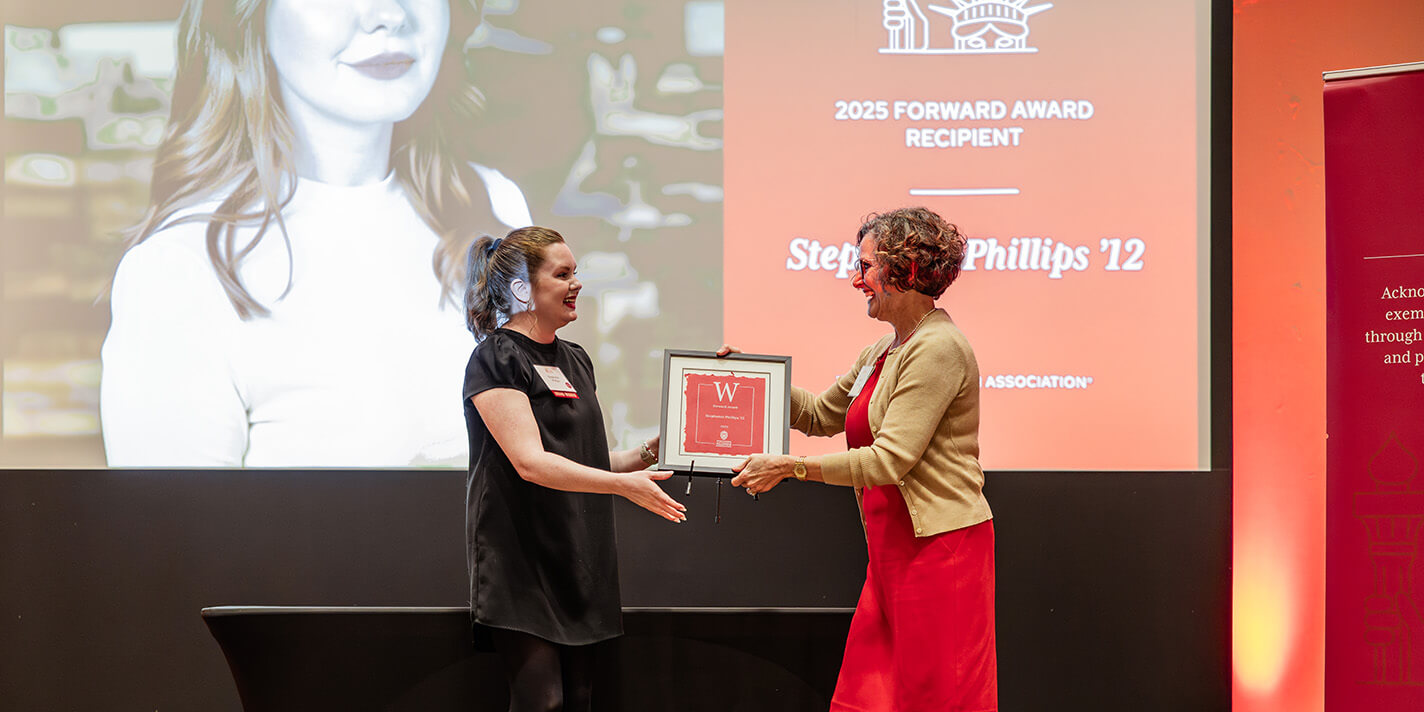
A circular economy keeps materials in use as long as possible through reuse, repair, and thoughtful design — and it’s a field that barely existed when Phillips graduated with her interior design (now interior architecture) degree from the School of Human Ecology.
“A lot of what I bring to the world was cultivated at UW,” Phillips said, “curiosity and wanting to connect the dots and break down silos between industries.”
Inspired by historic architecture on and around campus, Phillips earned a master’s degree in historic preservation and now bridges material reuse with cultural heritage and community development.
“I think a few decades from now we’ll look back and think, ‘I can’t believe we ever struggled to adopt these policies or programs,’” she said. “What keeps me going is hope and bold optimism.”
The Wisconsin Idea in Action
Throughout the evening, speakers emphasized what sets these honorees apart: not just their intelligence and dedication but their deep understanding of the Wisconsin Idea and commitment to giving back.
“What impressed us as we were reviewing the materials to make these awards is that added layer of … deep understanding of the Wisconsin Idea,” Schutt said. “This idea of just that pull to give back, to make an impact that’s going to do something better for the world no matter what the industry.”
The honorees themselves repeatedly acknowledged the mentors, family members, and UW community that supported them. Conway thanked professors, friends, and his partner Jessica Lyga ’14. Dennett joked about her old duct-taped laptop and thanked department staff “for listening to me talk and telling me I’m brilliant and wonderful even when I thought they were going to figure out I’m a fraud.”
Khan expressed gratitude to her mother, “one of the most resilient people I know,” and her brothers. Kushner honored his high school journalism adviser, his Spanish teacher, UW professors, and his parents, who “embody the Wisconsin Idea by serving as public defenders for their entire careers.”
Nakatsuji thanked his parents “who were always supportive but allowed me to make and learn from lots of my own mistakes,” along with his wife and daughter. Phillips credited her parents who, when she called to say she wanted to switch from pre-med to interior design, simply replied: “Okay, let’s do what you want to do.”
“This is such an amazing school for exploration and curiosity and encouraging people to find who they are,” Phillips said.
As Schutt noted in her closing remarks, the honorees share “this little special spark that I see still in our UW students today: this creativity and tenacity mixed with humility and the willingness to take risks.”
“It is such a pleasure to be able to see it manifested in our alumni and to read about you and appreciate the work that you’re doing and know that you are a Badger,” she said, “and know that you are also representing the university and the rest of the Badger nation.”
Learn more about the 2025 award recipients at uwalumni.com/awards.
